convert mechanical speedometer to gps
The speedometer is composed of many mechanical parts, so it is prone to mechanical errors. In addition, the speedometer also measures the speed through indirect contact with the tire. Therefore, any change in the tire's properties will lead to inaccurate readings. The most common examples are tire size changes, followed by tire pressure, normal wear, temperature and load. Therefore, when you need to change tires or use a set of unofficially recommended tires, the speedometer needs to be recalibrated, otherwise the speed reading will be inaccurate.So its not convert mechanical speedometer to GPS, GPS is just a device follow the classical formula position of the vehicle and distance.
To understand the difference between car speedometer and GPS equipment, it is necessary to introduce the speed measuring principle of the two. The speedometer can be either electronic or mechanical. Mechanical speedometer appeared at the beginning of the 20th century, while electronic speedometer did not appear until the end of the 1980s. Most modern vehicles use electronic speedometer to measure and display the speed of vehicles. GPS devices follow the most classical formula "speed=distance/time" to calculate speed. When the vehicle is moving, the GPS device will continuously track the position of the vehicle and measure the distance traveled by the vehicle. Divide the driving distance by the time the vehicle travels between two points, and the resulting number is the speed of the vehicle traveling between two points. Since GPS devices use the position of the vehicle to calculate the speed, they are also called position speedometers.
For safety reasons, the speedometer calibrated by automobile manufacturers will generally be slightly higher than the actual speed of the vehicle. A slightly higher value will remind the driver to slow down and reduce overspeed behavior. GPS uses a pure mathematical technology to measure the speed of vehicles, so it is more accurate than the speedometer.The speedometer is prone to mechanical errors, while GPS is calculated by calculating the time from point A to point B. Generally speaking, GPS is more accurate, but the difference between the two is not significant. Although there are mechanical errors in the speedometer, we should not blindly pursue the accuracy of speed because the manufacturer intends to increase the speed of the intimate service. A blessing in disguise is a blessing in disguise. It is often these techniques and inaccurate speedometer readings that avoid many tickets and accidents.
 English
English 
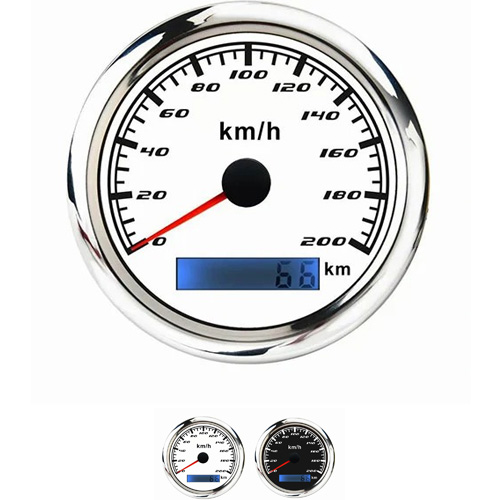
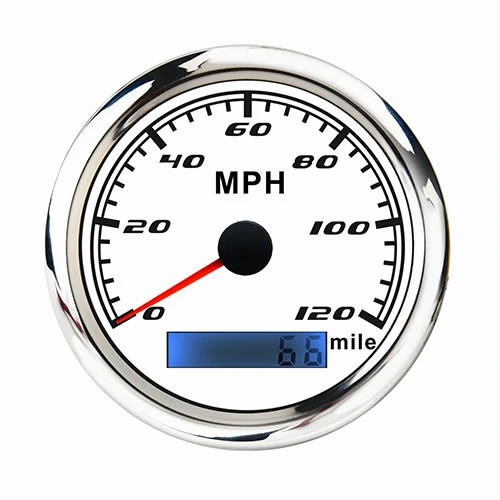
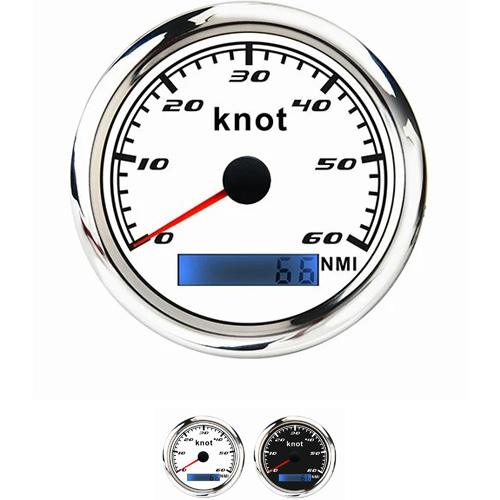
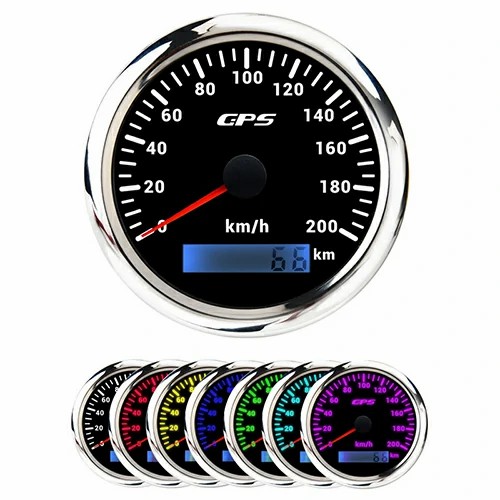
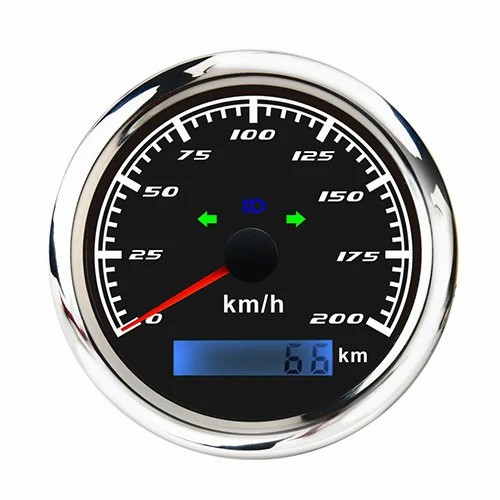
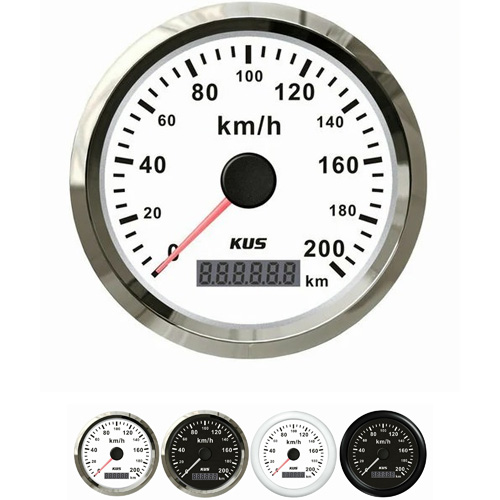
Get a Quote / Info